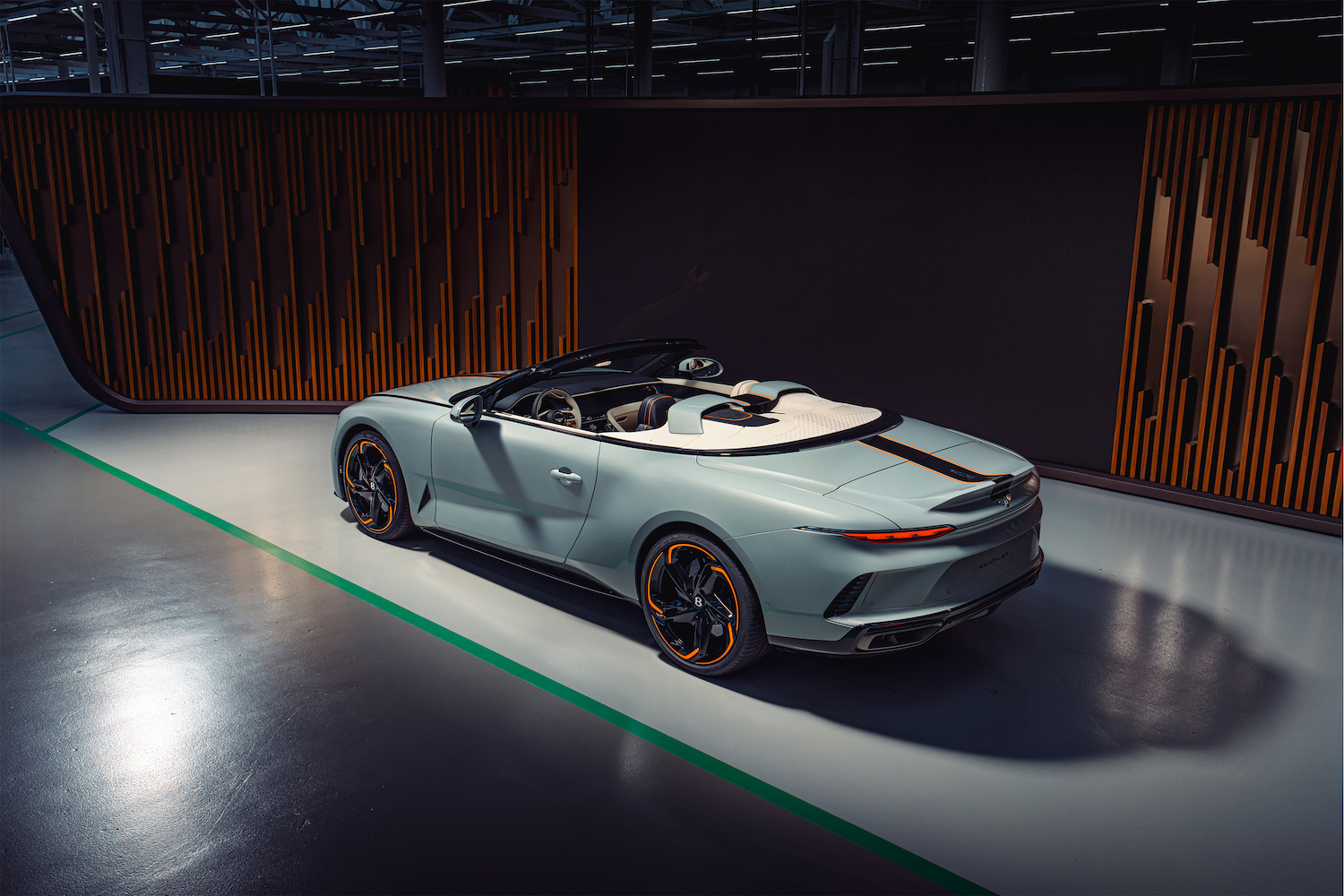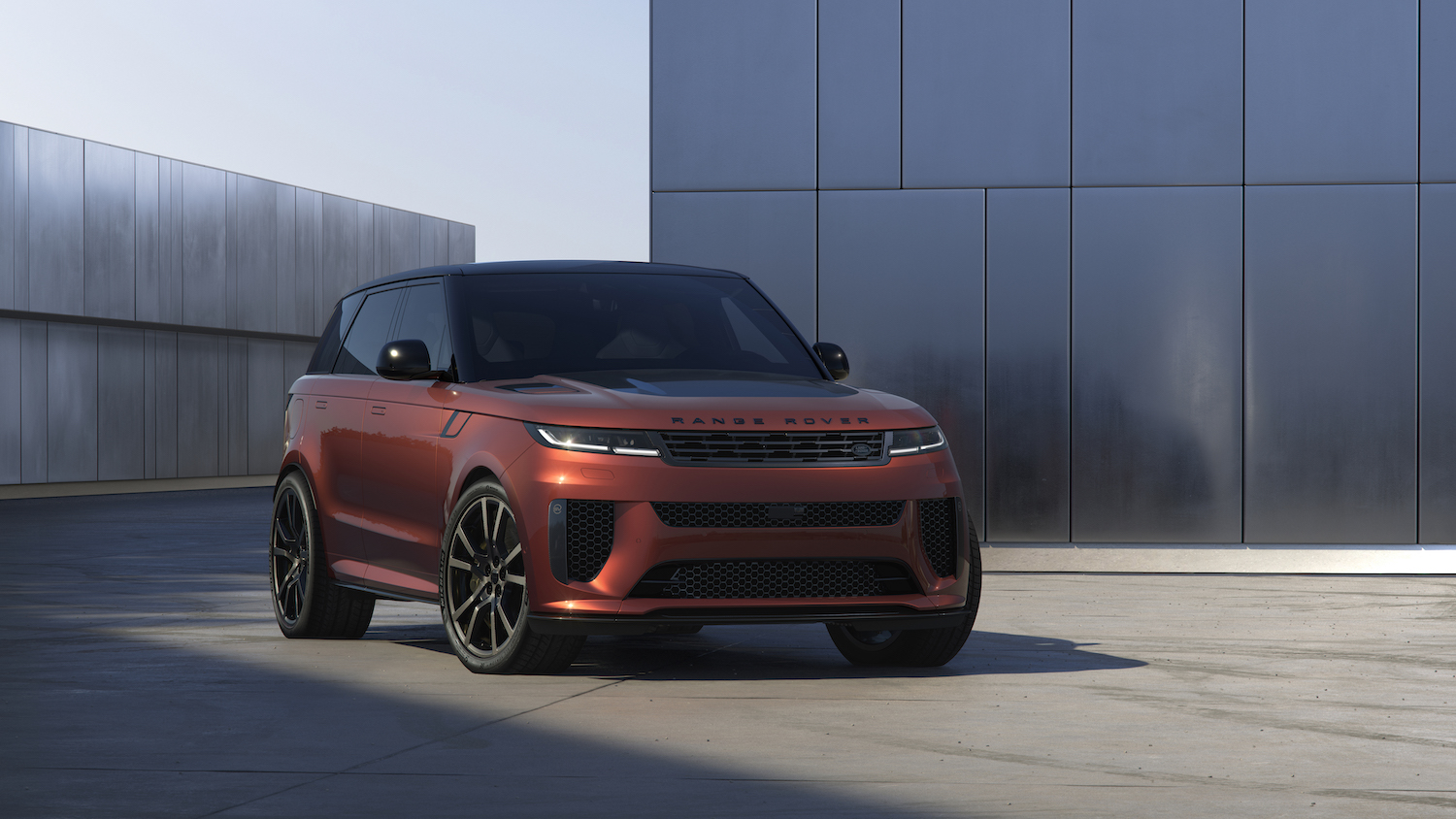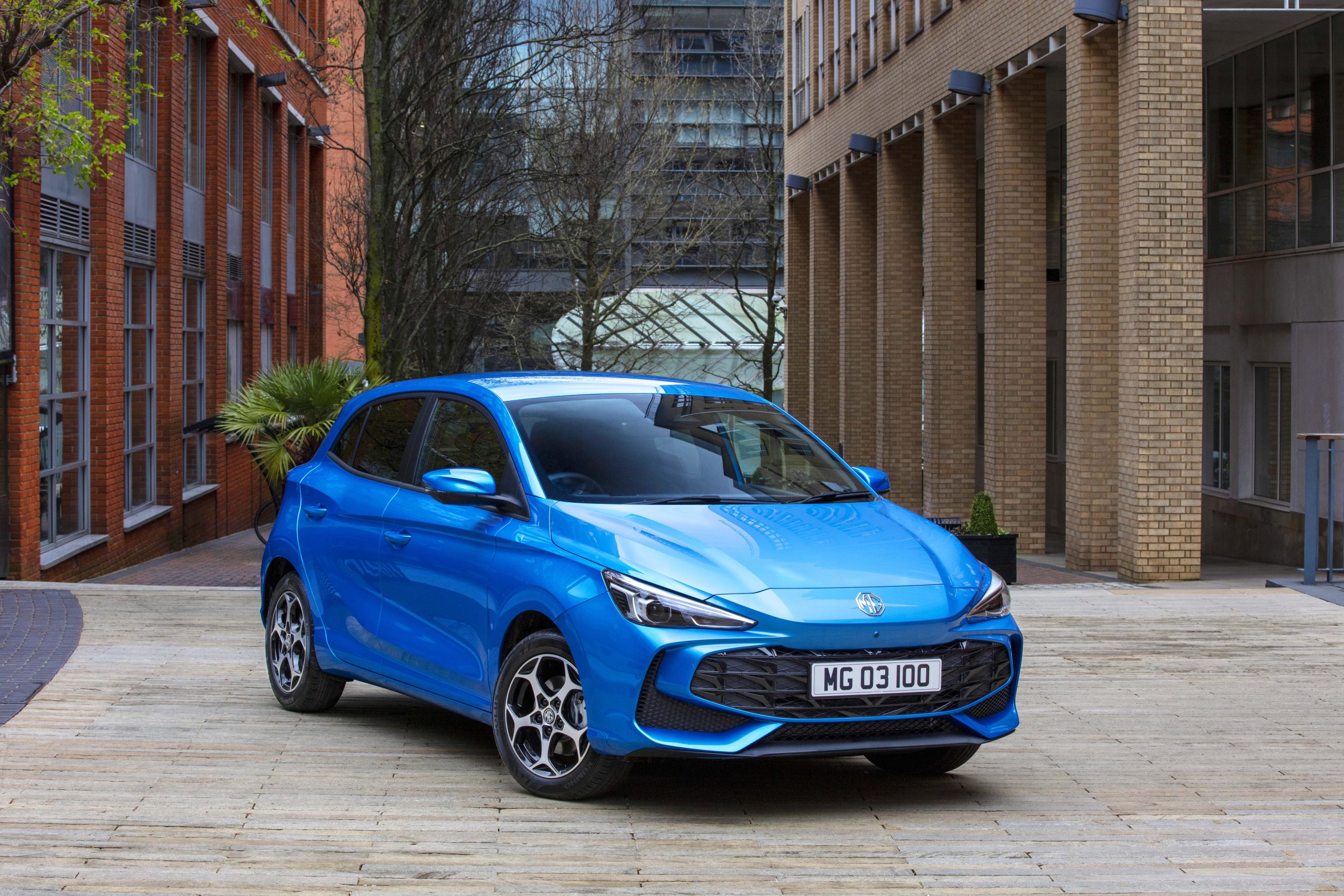Japan’s Economic Growth Stalls as Auto Sector Faces Supply Chain Challenges
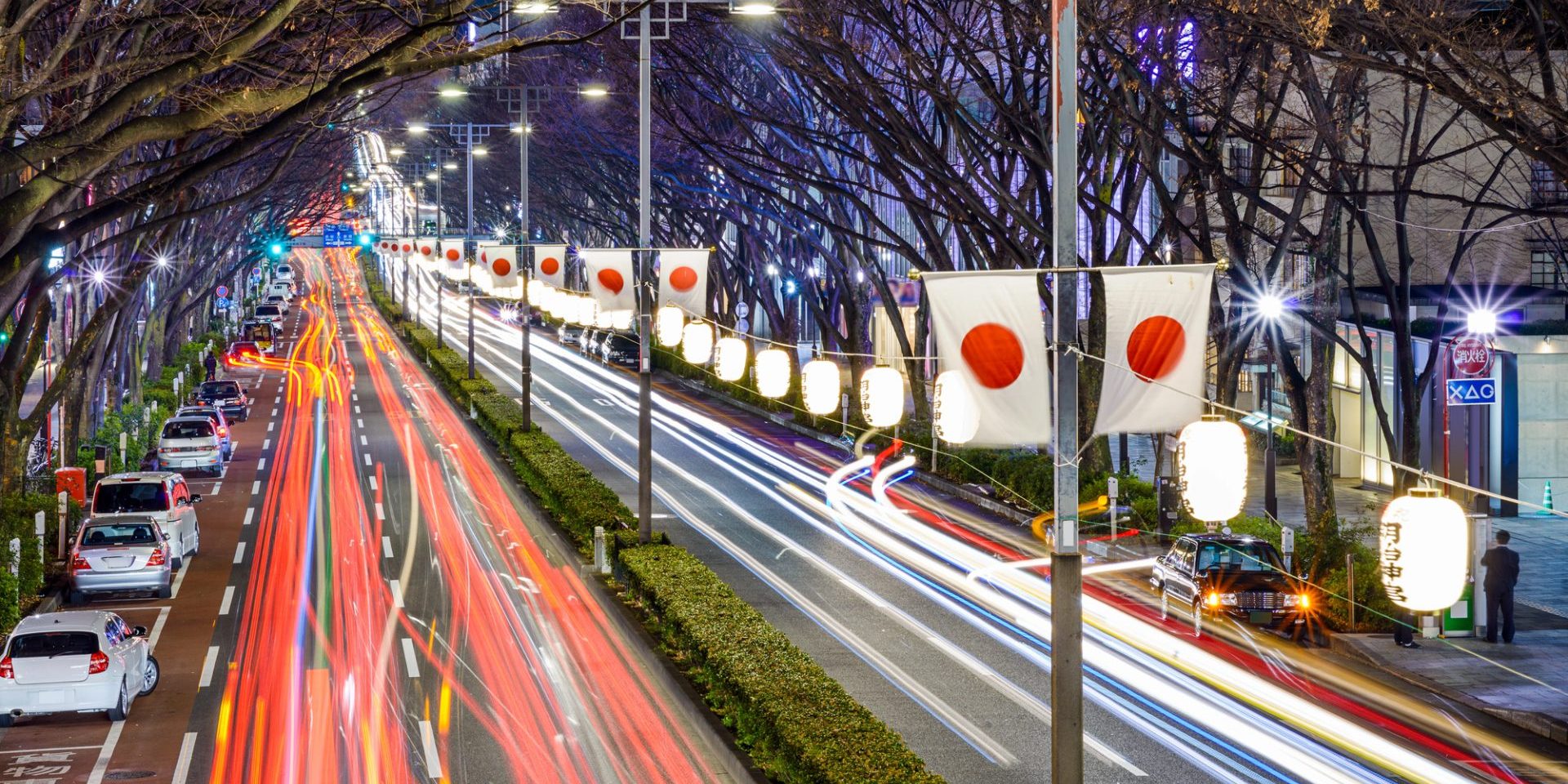
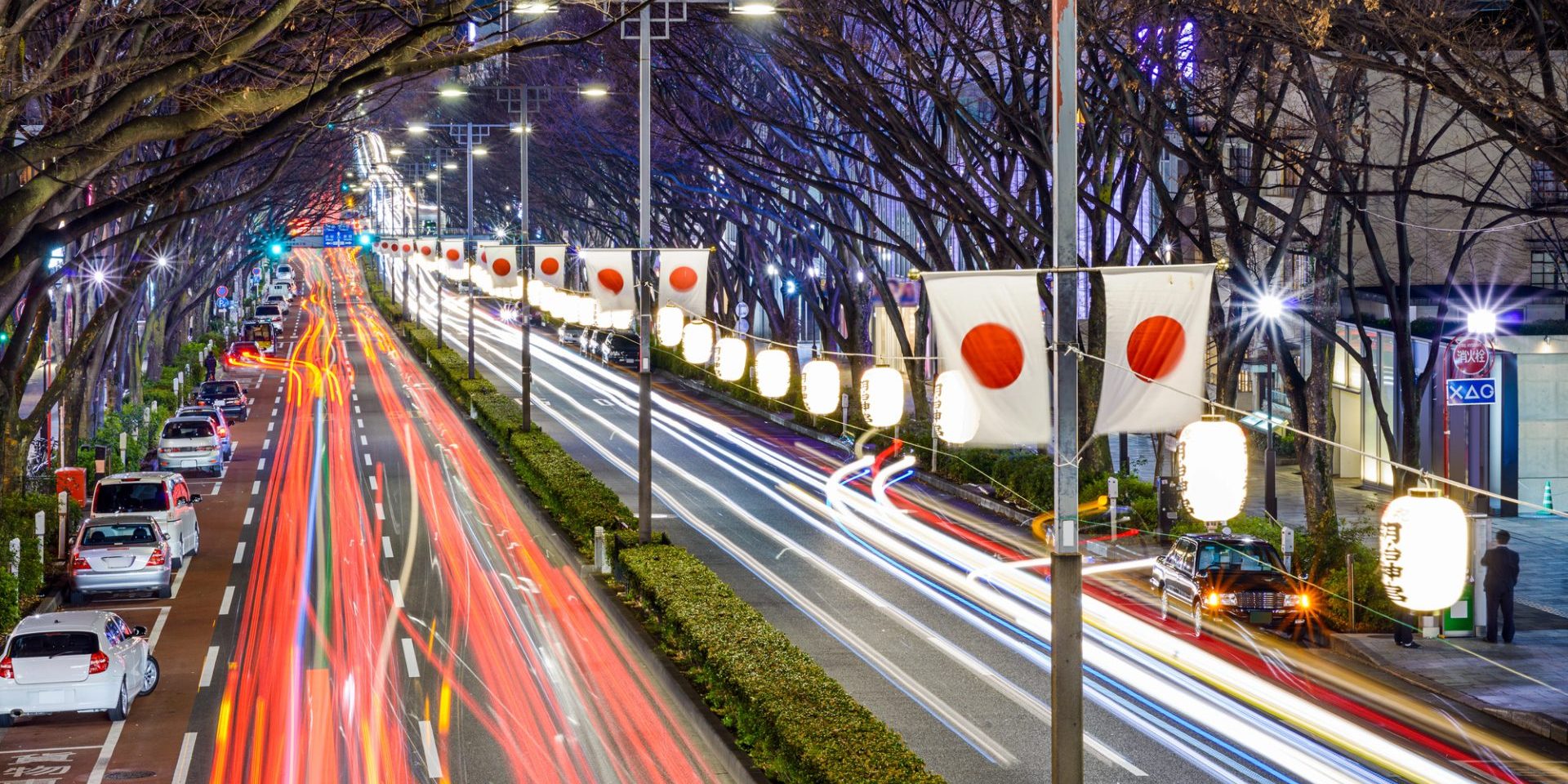
Economic progress, driven by a combination of highly developed infrastructure, increased public spending, purchase price parity, and a higher ratio of exports to imports, aids a country in multiple ways. However, there are times when growth is not always paramount and certain; sluggishness and market competitiveness can derail progress in undesirable ways.
Currently, Japan is experiencing difficulties that are reflected in its economic growth, and interestingly, this is being impacted by its auto sector.
According to estimates and projections by the revered International Monetary Fund (IMF), Japan’s economic growth is bound to slow down in the current year compared to the previous year. Although the projection doesn’t point to an extremely worrying figure, it corresponds directly to the current spate of challenges faced by its auto sector.
In 2023, Japan’s economic growth was stymied by 1.7 per cent, while this year, it stands at 0.3 per cent. While not a gargantuan number, the slowness in economic growth still stands, and experts from the famed international organization blame the auto sector for this.
Persistent auto supply chain issues have stymied the growth of not just one of Japan’s premier contributors to its economy, but the economy itself.
Subsequently, another forecast by international economists and market watchers serves as a clear warning to some of the nation’s most durable and redoubtable companies, such as Nissan, Honda, and Toyota. When ranked against their international rivals, these biggest homegrown firms in Japan aren’t being touted too highly.
While Japanese auto giants are world-class companies known for their rich heritage of making dependable and durable machines, it is the companies’ overall evaluation where they seem to be lacking. Moreover, Japan is yet to get up to speed when it comes to adopting future-ready pure-electric vehicles. This could be a bit of a concern, especially with the world gravitating swiftly towards high-tech, sophisticated electric cars. If evergreen firms like Toyota do not stand their ground and vouch for market competitiveness in this area, there could be trouble, as market experts note.
There has never previously been such a high demand for hybrid or fully electric vehicles as there is now. Therefore, it makes absolute sense for Japanese carmakers to jump into the future of climate-savvy electric vehicles.
If this isn’t done, it could lead to a testing scenario, where not only do leading carmakers from the land of the rising sun lag hugely behind their Chinese counterparts, but they will likely face a situation similar to what some of the country’s biggest electronic giants and prominent names faced in the 1990s, resulting in sudden failure.
It is probably best to innovate and prepare today in the present to embrace a better future. The land that often finds itself at the epicentre of mind-boggling creativity and ingenuity would truly understand this better than most…


